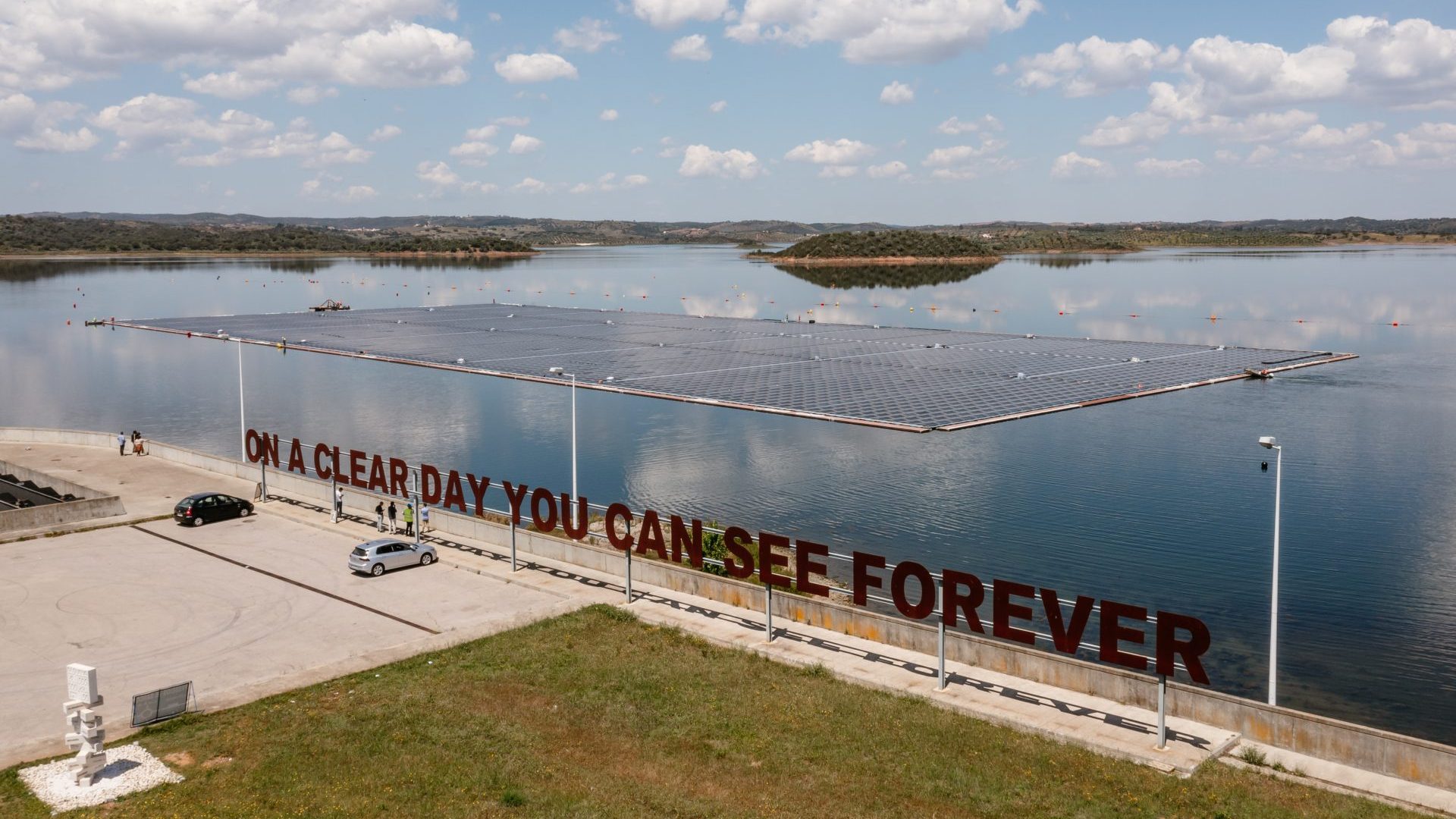Everywhere you look red tape is being burned, and yet for some strange reason, the amount of red tape never seems to go down.
I remember John Major at the 1992 Tory party conference giving Michael Heseltine the job of hacking back the jungle of red tape. Some years later, being a good financial journalist, I decided to find out how many pieces of useless legislation had actually been cut. The total, I seem to remember, was 10, of which eight were “Trading With The Enemy” Acts – wartime legislation that had been passed to make economic dealings with the axis powers a serious crime.
Needless to say, none of those rules had been broken by anyone since at least 1945, because there was not much danger of trading with Nazi Germany any more.
There have been similar attacks on red tape from almost every minister and prime minister since the 1990s. There have been task forces, quangos, committees, consultations, red tape challenges and crowdsourcing exercises by governments of all colours. In the 2000s, Labour set up an exercise to cut red tape for business by 25%, or £4bn. This suggested that red tape at the time was costing British business £12bn.
Labour eventually claimed to have reduced the burden by £3.5bn (most of it domestic legislation, not EU). But red tape seems to be the government’s very own Japanese knotweed – you can never get rid of it no matter how much you chop down. Their reason for this is that one person’s red tape is another’s important guideline, protection, commonsense rule or level playing field creator.
Take, for example, the regulations that govern the chimes on ice cream vans. Yes, I know – what a complete waste of time, a perfect example of useless red tape. You’ll find seven pages of rules on Defra’s website. Then if you look at the Ice Cream Alliance’s website you will also see how the industry’s trade body boasts about having helped to rewrite them in 2013. Why are they so proud? Because these rules reduce noise pollution, keep parents sane and prevent annoying musical competitions between rival vans.
Then there is the fact that a lot of red tape, especially EU red tape, is there to reduce other red tape. I once visited a factory that made minute instruments for ophthalmic surgeons. After years of endless detailed, boring discussion, they managed to get a pan-European agreement for their products. This meant they could reduce 28 annual inspections of their factory, by every health ministry in the EU, to just one, replacing 28 pieces of red tape with a single new standard. Now the UK has left the EU it can no longer do this.
Both Liz Truss and Rishi Sunak are trying to outdo each other by promising to remove all EU rules and regulations. According to Truss, every piece of EU-derived regulation will be evaluated to see whether it supports UK growth and investment. “Where regulation does not achieve either of those goals,” said Truss, “it will be replaced with home-grown laws that do so,” which if you think about it is not so much cutting red tape as replacing it with domestic red tape. But she also says that all EU law will be “off the statute books by the end of 2023”, an even tougher deadline than Sunak’s promise to scrap or rewrite all of the 2,400 EU laws retained in the UK by the next election. This he claims will allow Britain to “get our economy growing quickly again and become the most prosperous country in Europe”.
What both candidates know but cannot say is that UK firms will have to follow not only UK rules, but if they want to do business in any part of the EU they will also have to abide by EU rules. Hey presto, red tape has doubled.
Though there are many others, REACH is the perfect example. REACH stands for the “Registration, Evaluation, Authorisation and Restriction of Chemicals”. It is a huge database, full of every chemical made and used in the EU, what their properties are, how safe or dangerous they are and how they can be used. It cost a fortune to set up, as every chemical company had to assess, test, and register every chemical it made. But it has been a triumph.
Now EU chemicals are among the safest in the world and anyone wanting to buy them only has to check the database to see if they are registered. It saves firms a small fortune in proving to every customer that their products meet regulatory standards, not only in the EU but across the world.
The UK could have asked to stay in REACH but decided to set up its own version. The re-testing and registration of exactly the same chemicals will cost UK industry £2bn. UK companies will also have to belong to the EU’s REACH as well. If the UK cuts standards to try to gain an advantage, none of its chemicals could be sold in the EU. It is expensive and puts UK firms at a huge cost disadvantage, all so the government can say that it no longer part of an EU system. On top of that, the new Brexit border controls and rules cost British industry £7bn each year. Truss and Sunak are therefore going to have to find at least £7bn of annual red tape savings to even stand still, let alone cut overall red tape levels in the UK.
That’s quite an ask, considering the level playing field provisions of the Brexit deal with the EU prevent the UK from undercutting standards to gain an advantage. As Jill Ritter, a senior research fellow at The UK in a Changing Europe, wrote last year: “That new red tape dwarfs the benefits of every red tape challenge ever launched.” The battle is almost endless.
For the Brexiteers red tape became a central motivation for leaving the EU. The British right instinctively associates the EU with annoying continental rules on workers’ rights, environmental protections, equality legislation and consumer protection. The war on red tape therefore coincides with a wider aim, which is to deregulate the British economy.
Red tape is always an easy target. But the image of EU red tape as the destroyer of Britain’s economic prospects is a chimera. It is a fantasy, a useful enemy. In truth, is it Brexit that has piled up additional costs for Britain’s economy. But when cutting red tape fails again to release the potential power of a dynamic economy and in fact makes things worse, don’t worry. Someone will be along soon to announce another war on red tape.




